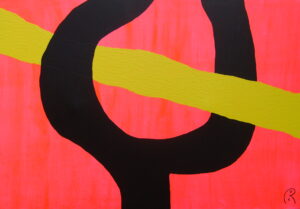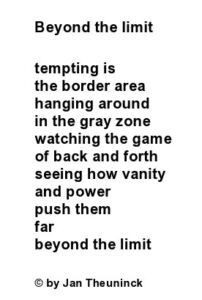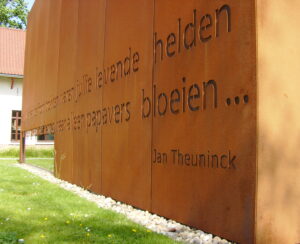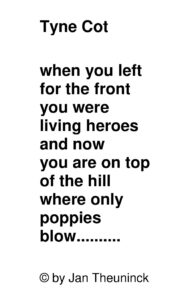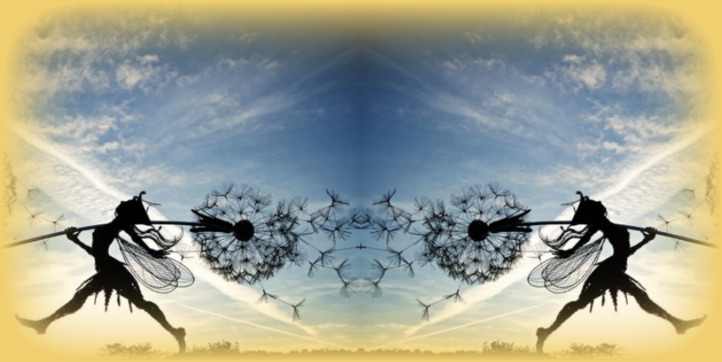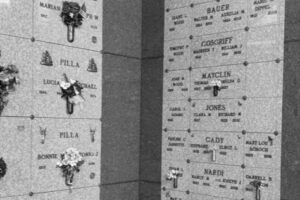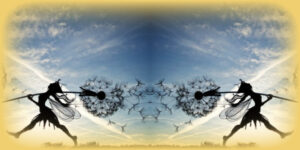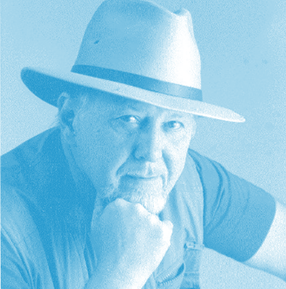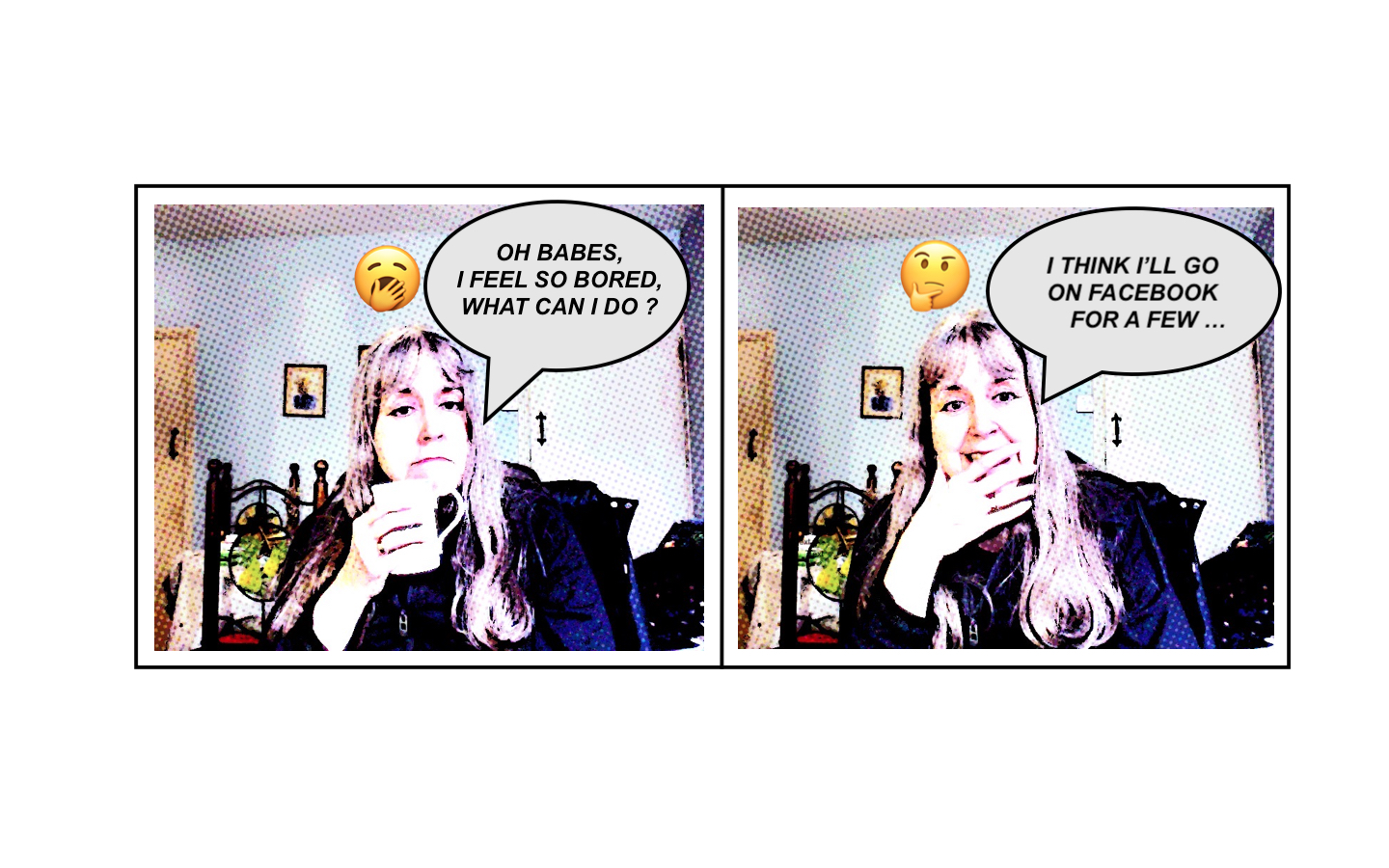Where Have all the Fishes Gone? Sitting atop the cliff overlooking the ocean vast we hold one another in awe of its innumerable mysteries. The sun sets calmly for us rises with deft determination on the other side of a blue horizon. Not a sound emerges from the deep waters clean of all lives that once were ancestors some say to our kin. Where have they all gone why extinct so soon into fossils imprints per chance left in the stone that tell of so distant an evolution. Welcome to the World of Nice The world nearly came to an absolute stop when the wizard suddenly halted his incantations the fires he had set ablaze reflecting upon his pale brow. For centuries he had roamed the planet a weathered wand in his mummified grip his face oozing with the harm he could cause. Another in a glorious evening grace ambled like royalty among the populace sizing each one of her kin as a victim. Tall above armies of humble servants she made them dependent of every whim she might have dreamed up in her solitary chambers. She too paused when the child cried for this Amazon who had never known pain her frame near collapse she let go of her aim. The thousands assembled for what they expected was to be yet a list of grievances and threats looked in amazement at these meek creatures. Never had a soul caught a glimpse of pain in the eyes of those unforgiving executioners until the tear of a child fell upon their feet. The giants stepped down from the pedestal greeted by embraces never imagined of those who still bore the scars of their millennial tortures. While the poor wake in a pool of chagrin no one knew the few in satin and pearl could weep and fall to the yoke of a babe. Suffering to Rest She can tell the throb will persist Into a night of pleasant slumber feeling a tug at her secret fibers. Contemplating the past hours when glee echoed through the halls attempts to calm still fail. Into a slanted mirror an image seeks to smile at this solemn reflection subdued by the numbing liquid of her pain. Docile as with every passing dawn something has changed in the blood shed again upon the dusk of a precious hour. Soon again she will share her pleasure when the day’s memories turn to dust and her flesh finds rest in the thin night. Hard to Be Merely standing hands upon the wooden rails staring into a background of dense forest he might find rest on a Sunday’s morn’ when his thoughts quickly move to the millions like him who contemplate the world considering how little they can see he holds a cup of a dark brew in hand, early smoke in the other his desperation grows as he longs for the visions others cannot share and he imagines so many there with him gazing into the same surroundings their perception so different from his he considers the one who inspires him if only he could be within her as she takes all in become an intimate part of who she is for he feels so much missing from his being lost smaller than a speck of minute dust while an infinity of interpretations exists yet only this microcosm of the infinite belongs to him so insignificant as he must remain until at last he might be freed from this temporary prison and become like all those before him a piece of the universal puzzle the matter of all that is the cosmos. Feeling the sounds. Upon a saunter as is his common dominion he pushes through the brush of a dense forest after the storm left its gentle coat on every living thing like a shroud of life. Nothing speaks, everything rests yet awaiting reassurance that it is safe again to be and he continues, puzzled by the uncanny silence looking for a sign that all is well still. And there it is, a murmur brushes against his flesh an eerie sensation of sound, of sight of scent, touch and even taste from whence it is born he cannot tell. It must be her at last in the late hour since darkness will soon prevail and she always visits him in his sleep when his dreams become real as the present. She surrounds him with an infinite coat made with all a soul can endure he hears the voice of her wholeness speak without a word, but it is to be eternal.

Fabrice B. Poussin teaches French and English at Shorter University. Author of novels and poetry, his work has appeared in Kestrel, Symposium, The Chimes, and many other magazines. His photography has been published in The Front Porch Review, the San Pedro River Review as well as other publications. Most recently, his collection “In Absentia,” was published in August 2021 with Silver Bow Publishing.

